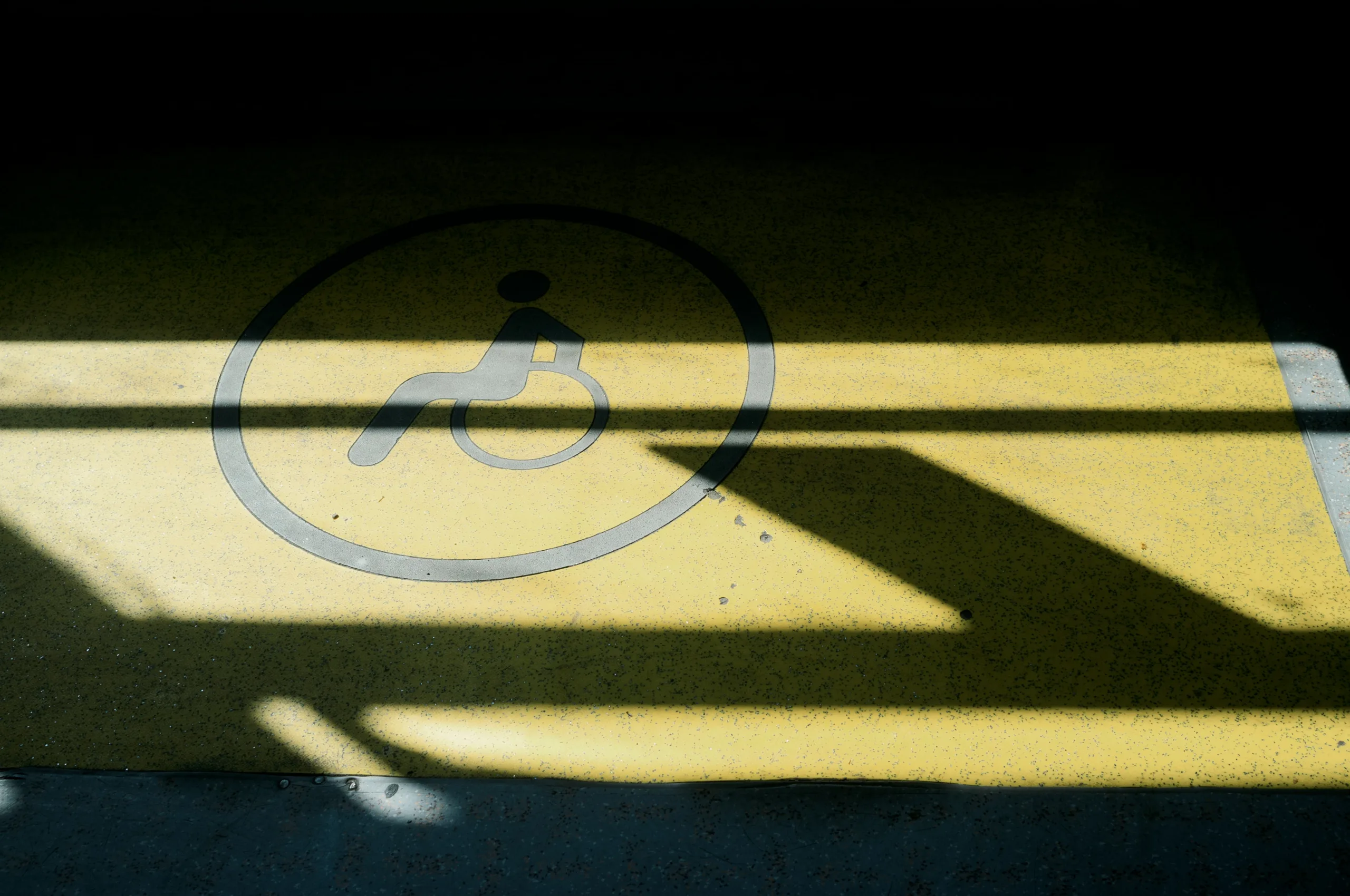As we celebrate Disability Pride Month, we take the time to recognize and honor the resilience, strength, and diverse experiences of our disability community. As an organization that strives to build a justice system that is fair, compassionate, and equal for all, it is important to us to ensure that the rights of people with disabilities are protected, especially during encounters with law enforcement.
For people with disabilities, navigating the complexities of a police interrogation can be a particularly challenging and overwhelming experience. Understanding and asserting their rights at this critical moment is paramount to ensuring fair treatment and protecting their well-being.
By taking a closer look at the legal framework that protects the rights of people with disabilities, we hope to gain a better understanding of the challenges the disability community faces when interacting with the police, and ultimately contribute to the realization of a fairer, more inclusive society that respects and celebrates the diversity of all its members.
During police questioning, people with disabilities have the right to have the process fair and accessible. These rights are in place to accommodate people with disabilities and ensure their effective participation in the legal process. Key rights include:
1. Right to an interpreter
If you are deaf or hard of hearing, you have the right to a sign language interpreter to help you communicate effectively during police questioning. The interpreter will help you understand the questions and provide accurate responses.
2. Right of access to documents
If you are visually impaired or blind, you have the right to receive documents, such as written statements and legal documents, in an accessible format, such as Braille or large print, so that you can review and understand the information provided to you.
3. Right to communication aids
Deaf and blind people have the right to use communication aids and assistive technology during questioning, including communication boards, speech-to-text devices, or other tools that help them communicate effectively.
4. Right to Reasonable Accommodation
The Americans with Disabilities Act (ADA) and similar laws in other countries require law enforcement agencies to provide reasonable accommodations to individuals with disabilities to ensure equal access to the legal process and to allow them to fully participate in interviews and questioning.
5. Right to remain silent
Like any other individual, with or without a disability, you have the right to remain silent and not answer incriminating questions. This right is protected by the Fifth Amendment to the U.S. Constitution and similar provisions in other legal systems. It is important that you clearly communicate to police (either directly or through an interpreter) if you wish to exercise your right to remain silent, because federal law (and many state laws) requires that you “clearly” exercise this right to invoke legal protections. For example, you could say, “I exercise my right to remain silent” or “I will remain silent.”
6. Legal Representation
You have the right to be represented by an attorney during police questioning. Having an attorney present is the best way to protect your rights and ensure that the questioning is conducted properly. If you specifically assert your right to an attorney, the police are not legally allowed to question you without an attorney present. However, like the right to remain silent, federal law and many state laws require that your request for an attorney be clear and unambiguous. Saying something like, “I would like to speak to an attorney” or “I will not answer any questions without an attorney” should stop the questioning.
Police officers may or may not inform you of your right to remain silent and to have an attorney (known as “Miranda” rights), and may ask you to sign a document waiving these rights. Whether or not you agree to waive these rights, you can exercise your right to remain silent and to have an attorney at any time.

